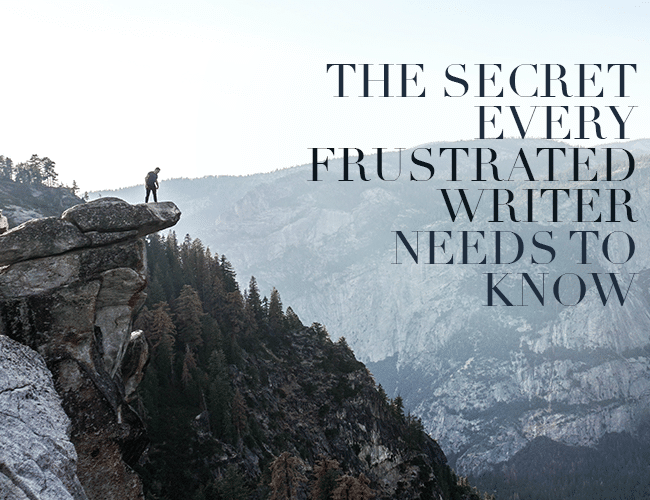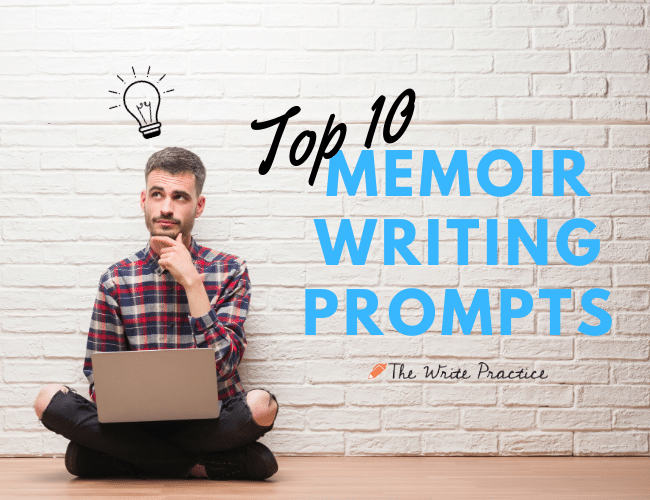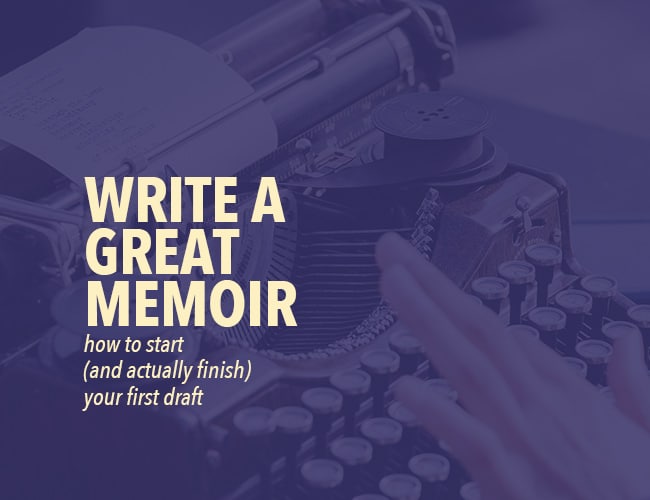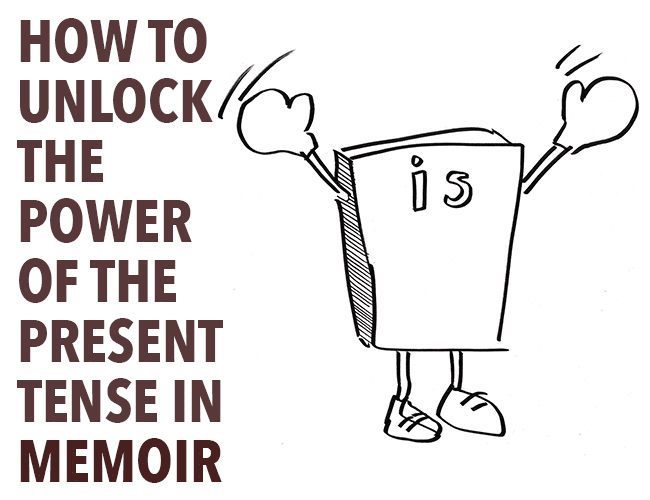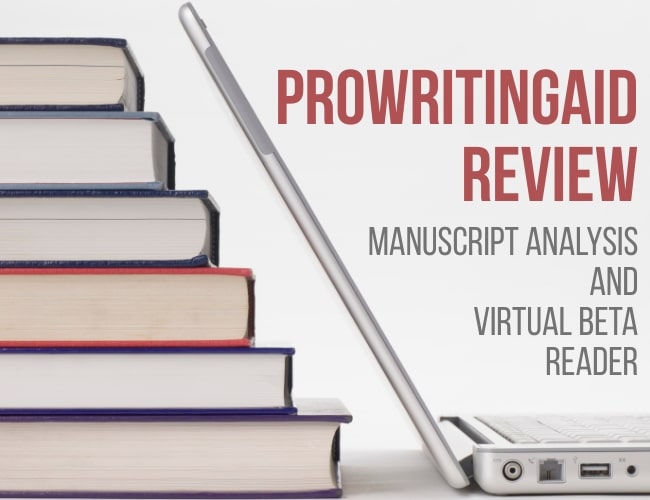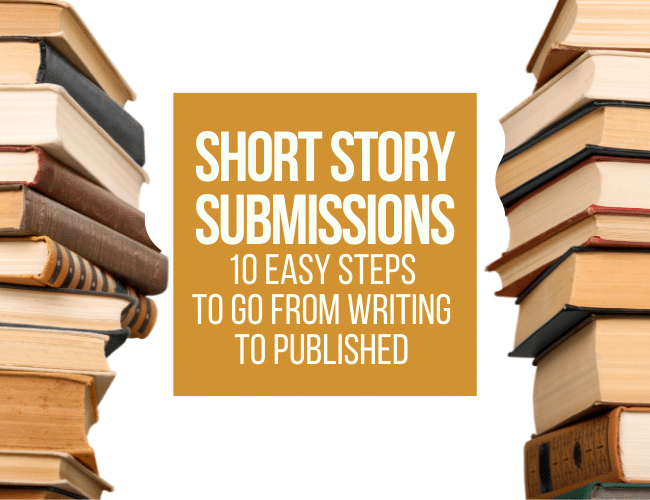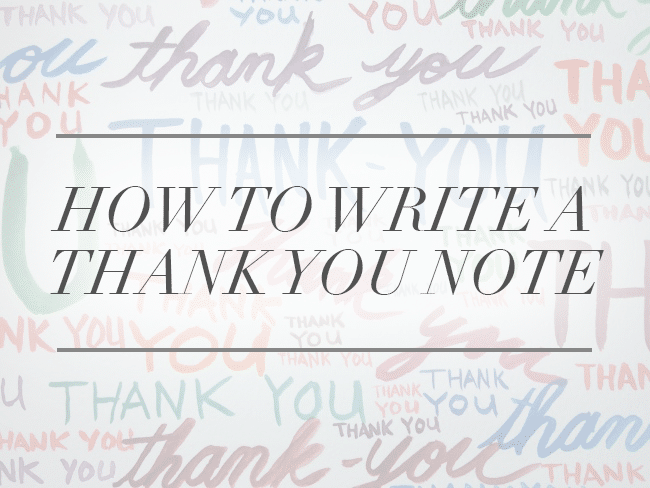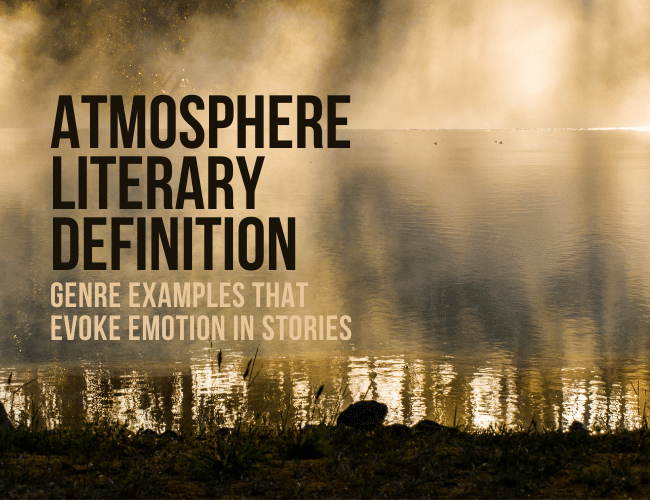Are you frustrated with your writing? Tired of writing words you know aren’t as good as you want them to be? Frustrated writer, I know why.
A weird thing happens when we finally sit down to write The Book: we expect it to come out as magnificently as we think it should. We see or feel what it should be, and hey—we’ve read and written stuff all our lives, right? It should just come out!
But it doesn’t.
This is normal.
